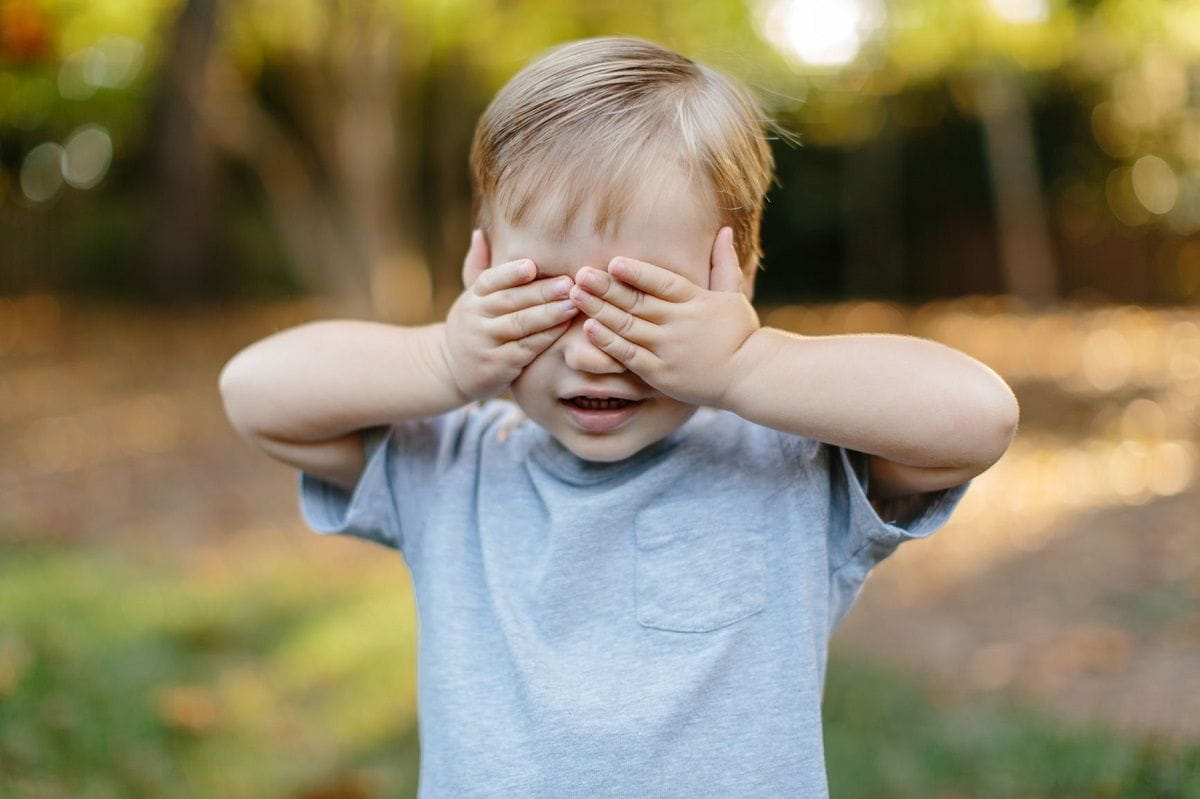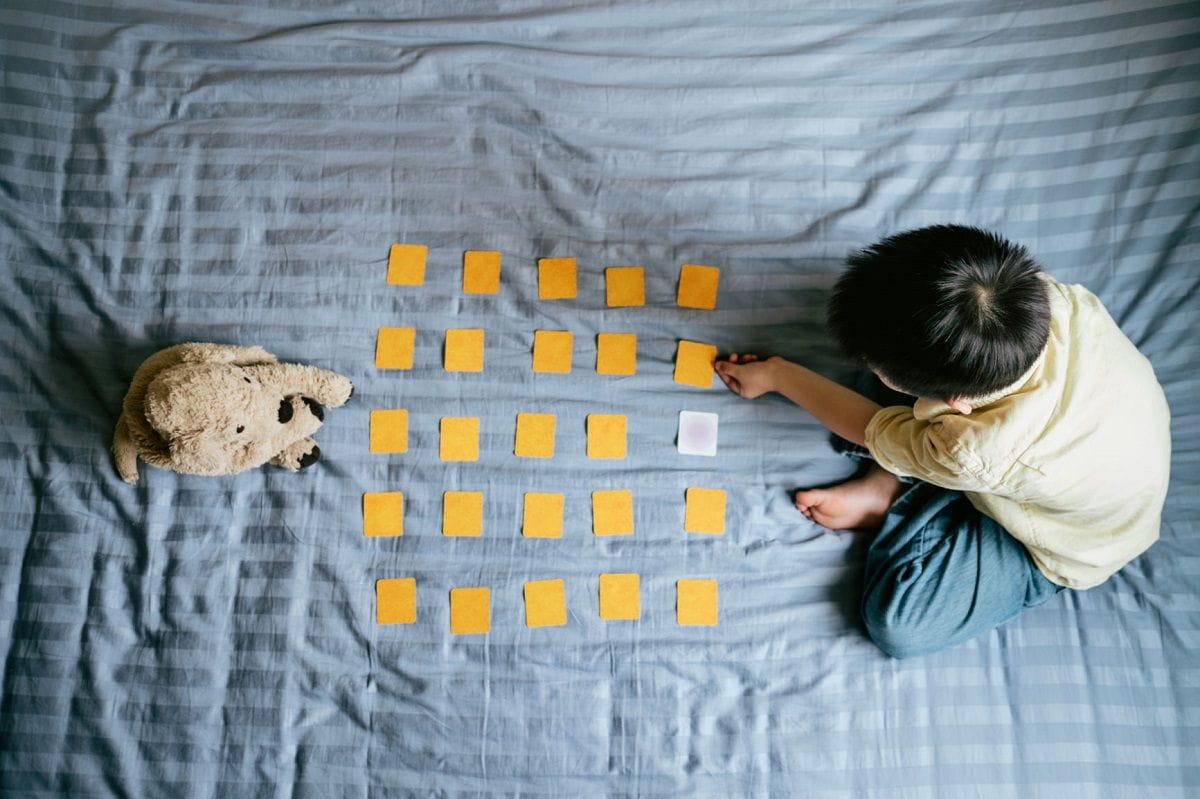Super Brain! Executive Function Makes Kids Successful Learners for Life

By Cheryl Flanders
Thanks to advances in brain science, one thing we know with certainty is this: The first few years of life are critical to building the “brain architecture” that children need to be successful learners, both in and out of the classroom—and that starts with executive function skills.
What Is Executive Function Exactly?
“Executive function” sure sounds like a cocktail party for business people, but in fact, it’s the term we use for the brain’s command and control functions, which are broken down into three categories: working memory (the ability to remember and follow directions), cognitive flexibility (being able to think of different ideas and adapt if plans change), and impulse control (being able to stop and think before acting on an impulse).
These skills work together to help us regulate our thoughts, feelings, and actions, and to plan, manage, and execute hundreds of large and small tasks every day. Just as importantly, executive function skills lay the foundation for all other types of learning.
Executive Function Development in Children
“It’s so important that young children have a chance to develop these skills every single day,” says Dr. Elanna Yalow, KinderCare Education’s Chief Academic Officer. Let’s look at some real-world examples to understand why. Without strong executive function skills, children might not:
- Remember that Mom told them to wash up and set the table for dinner.
- Follow a story’s plot all the way through to the end.
- Be able to calmly accept that their Monday library visit just can’t happen this week.
They also might act on any little impulse without thinking about the consequences—which may cause them to, say, climb on a chair, channel Batman, and leap directly atop a nearby friend.
If that sounds like, well, how children behave…it is, in a way.
None of us is born with an automatic ability to understand directions, stay on task, or manage our impulses. “Just like reading and math, executive function skills have to be learned, starting when children are young,” Yalow says.
Fun Executive Function Activities To Do at Home
KinderCare Education’s curriculum is full of fun, age-appropriate activities purposely designed to help build these skills, including singing songs like “Head, Toes, Knees, and Shoulders” and creating stories together as a group.
While our educators have you covered during the work week, you can help your kids develop executive function skills at home (and best of all, they’ll have so much fun they won’t even realize they’re learning!). So put the “fun” in executive function with these easy ideas that build your child’s skills.

1. Activity: Peekaboo and songs with hand movements
Executive Function Skill: Working memory
How It Works: Peekaboo and songs with simple hand movements (like “Itsy Bitsy Spider”) help infants and toddlers begin to remember faces and a sequence of movements.
2. Activity: Simon Says
Executive Function Skills: Impulse control and working memory
How It Works: If your child tends to forget your instructions, try this simple game. When kids have to remember simple rules (as in performing a silly action only when the leader says “Simon says”) and keep their bodies still when they’re not supposed to move, their brains get a real workout!

3. Activity: Matching games and puzzles
Executive Function Skills: Working memory and cognitive flexibility
How It Works: Matching games give kids valuable memory practice, but you can also boost your child’s problem-solving skills by switching up the rules. For instance, if the game calls for matching by color, try matching by size or shape instead.
4. Activity: Red Light, Green Light and freeze tag
Executive Function Skills: Impulse control
How It Works: These games are perfect for the couch-jumping, cookie-eating kid who knows better but just can’t stop themselves. To win these games, children need to stop and pause repeatedly, which helps them develop impulse control.
5. Activity: Chess and Rummikub
Executive Function Skills: Working memory and cognitive flexibility
How It Works: Games that require strategic thinking help older kids continue to develop problem solving and persistence.




.jpg?la=en&h=800&w=1200&hash=799F5BD6E84A71FB0D1C8E657FE7F226)
